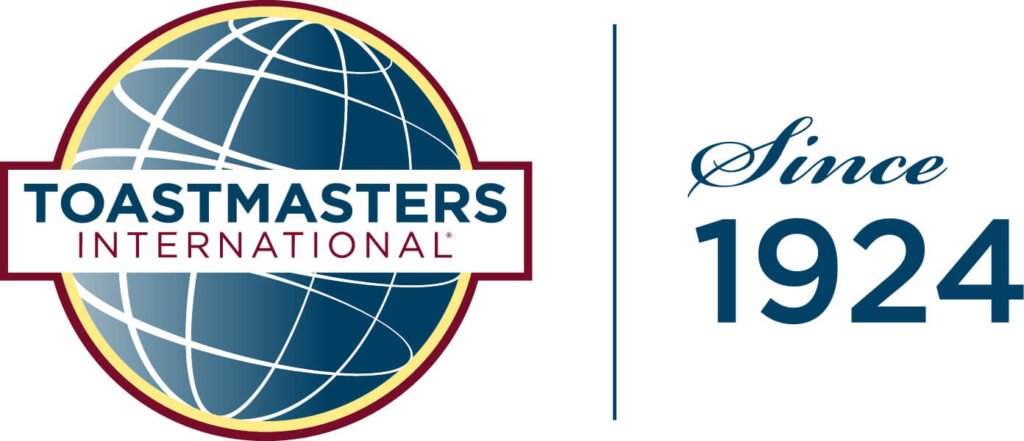
Top Tips from Toastmasters International for Effective Communication
Effective communication is a vital skill in both personal and professional contexts. It forms the basis of robust relationships, successful collaboration, and influential leadership. When individuals can articulate their thoughts, ideas, and emotions clearly and confidently, they are more likely to be comprehended and respected by others.
In the workplace, effective communication can result in enhanced productivity, improved problem-solving, and a positive work atmosphere. It can also aid in establishing strong client relationships and securing business deals. In personal relationships, effective communication can foster deeper connections, better understanding, and conflict resolution.
Without effective communication, misunderstandings may arise, leading to frustration, resentment, and potentially damaged relationships. Therefore, it is crucial for individuals to develop and refine their communication skills to achieve success in all aspects of life. Moreover, effective communication is not solely about speaking; it also encompasses active listening and comprehending others’ perspectives.
By being a proficient listener, individuals can establish trust and rapport with others, as well as gain valuable insights and information. Effective communication also involves non-verbal cues such as body language and vocal tone, which can significantly impact how a message is received. Thus, mastering the art of effective communication is essential for anyone seeking success in their personal and professional endeavours.
Summary
- Effective communication is crucial for success in any aspect of life, whether personal or professional.
- Overcoming nervousness and building confidence is essential for delivering a compelling message.
- Body language and vocal variety play a powerful role in conveying a message and engaging an audience.
- Crafting a compelling message involves careful planning, structuring, and delivering with clarity and conviction.
- Active listening and responding are key components of effective communication and building strong relationships.
- Handling Q&A sessions with confidence requires preparation, active listening, and the ability to think on your feet.
- Practicing and receiving constructive feedback is essential for continuous improvement and growth in communication skills.
Overcoming Nervousness and Building Confidence
Preparation is Key
Whether it’s a presentation at the office or a social gathering, being well-prepared can help alleviate nerves and build confidence. Practising the delivery of the message multiple times can also help individuals feel more comfortable and confident when it comes time to communicate.
Reframing the Situation
Another way to overcome anxiety is by reframing the situation in a positive light. Instead of focusing on the fear of making mistakes or being judged, individuals can focus on the opportunity to share their knowledge, connect with others, and make a positive impact.
Building Confidence
Additionally, taking deep breaths, using positive affirmations, and visualising a successful outcome can all help in reducing anxiety and building confidence. Over time, with practice and experience, individuals can become more comfortable and confident in their communication skills.
The Power of Body Language and Vocal Variety
In addition to verbal communication, body language and vocal variety play a significant role in how a message is received. Body language can convey confidence, openness, and engagement, or it can convey nervousness, defensiveness, or disinterest. Therefore, it is important for individuals to be mindful of their body language when communicating with others.
This includes maintaining eye contact, having an open posture, using gestures to emphasize points, and mirroring the body language of the person they are communicating with. By being aware of their own body language and that of others, individuals can ensure that their non-verbal cues are supporting their message rather than detracting from it. Vocal variety is another important aspect of effective communication.
A monotonous tone can make a message seem dull and uninteresting, while a varied tone can capture the attention of the listener and convey emotion and emphasis. By varying their pitch, pace, volume, and intonation, individuals can make their communication more engaging and impactful. Additionally, using pauses strategically can help to emphasize key points and give the listener time to process the information.
By mastering body language and vocal variety, individuals can enhance their communication skills and make a stronger impression on others.
Crafting a Compelling Message
Crafting a compelling message is essential for effective communication. Whether it’s a presentation, a sales pitch, or a conversation with a friend, the message needs to be clear, concise, and engaging. One way to do this is by knowing the audience and tailoring the message to their needs and interests.
By understanding what is important to the audience, individuals can craft a message that resonates with them and captures their attention. Another important aspect of crafting a compelling message is structuring it in a logical and coherent manner. This includes having a clear introduction that grabs the audience’s attention, a body that presents the main points or arguments, and a conclusion that reinforces the key takeaways.
Using storytelling techniques can also make a message more compelling by creating an emotional connection with the audience. Additionally, using visual aids such as slides or props can help to reinforce the message and make it more memorable.
Active Listening and Responding
Effective communication is not just about speaking; it also involves active listening and responding. Active listening means fully concentrating on what is being said rather than just passively hearing the words. This involves giving the speaker full attention, making eye contact, nodding or using other non-verbal cues to show understanding, and asking clarifying questions when necessary.
By actively listening, individuals can gain a deeper understanding of the speaker’s perspective and show respect for their thoughts and feelings. In addition to active listening, responding effectively is also important in communication. This involves providing feedback or asking questions that show engagement and understanding.
It also involves being mindful of one’s own verbal and non-verbal cues when responding in order to convey empathy and openness. By actively listening and responding in a thoughtful manner, individuals can build stronger connections with others and ensure that their communication is two-way rather than one-way.
Handling Q&A Sessions with Confidence
Preparation is Key
One way to achieve this is by being well-prepared for potential questions that may arise. Anticipating what the audience may ask and having thoughtful responses ready can help individuals feel more confident when facing questions.
Honesty is the Best Policy
Another important aspect of handling Q&A sessions is being open and honest in responses. If there is a question that an individual does not know the answer to, it is better to admit it rather than trying to bluff or evade the question. Being transparent about not having all the answers can actually build trust with the audience.
Remaining Calm Under Pressure
Additionally, maintaining composure and staying calm under pressure can help individuals handle Q&A sessions with confidence.
Practicing and Receiving Constructive Feedback
Finally, practicing communication skills regularly is essential for improvement. Whether it’s through role-playing scenarios, recording oneself speaking, or seeking out opportunities for public speaking, practice can help individuals become more comfortable and confident in their communication abilities. Additionally, seeking out constructive feedback from peers or mentors can provide valuable insights into areas for improvement.
By being open to feedback and willing to make adjustments based on it, individuals can continue to grow and develop their communication skills over time. In conclusion, effective communication is a vital skill that impacts all aspects of life. By overcoming nervousness, mastering body language and vocal variety, crafting compelling messages, actively listening and responding, handling Q&A sessions with confidence, and practicing regularly while receiving constructive feedback, individuals can become more adept communicators.
This will not only lead to stronger relationships and better teamwork but also increased success in professional endeavours. Therefore, it is worth investing time and effort into developing effective communication skills for personal growth and professional advancement.
For more specialist advice on effective communication, check out the article on lctoastmasters.com. This article provides in-depth tips and strategies for honing your communication skills in various professional settings. Whether you’re looking to improve your public speaking, networking, or leadership abilities, this resource offers valuable insights to help you succeed in your career.

